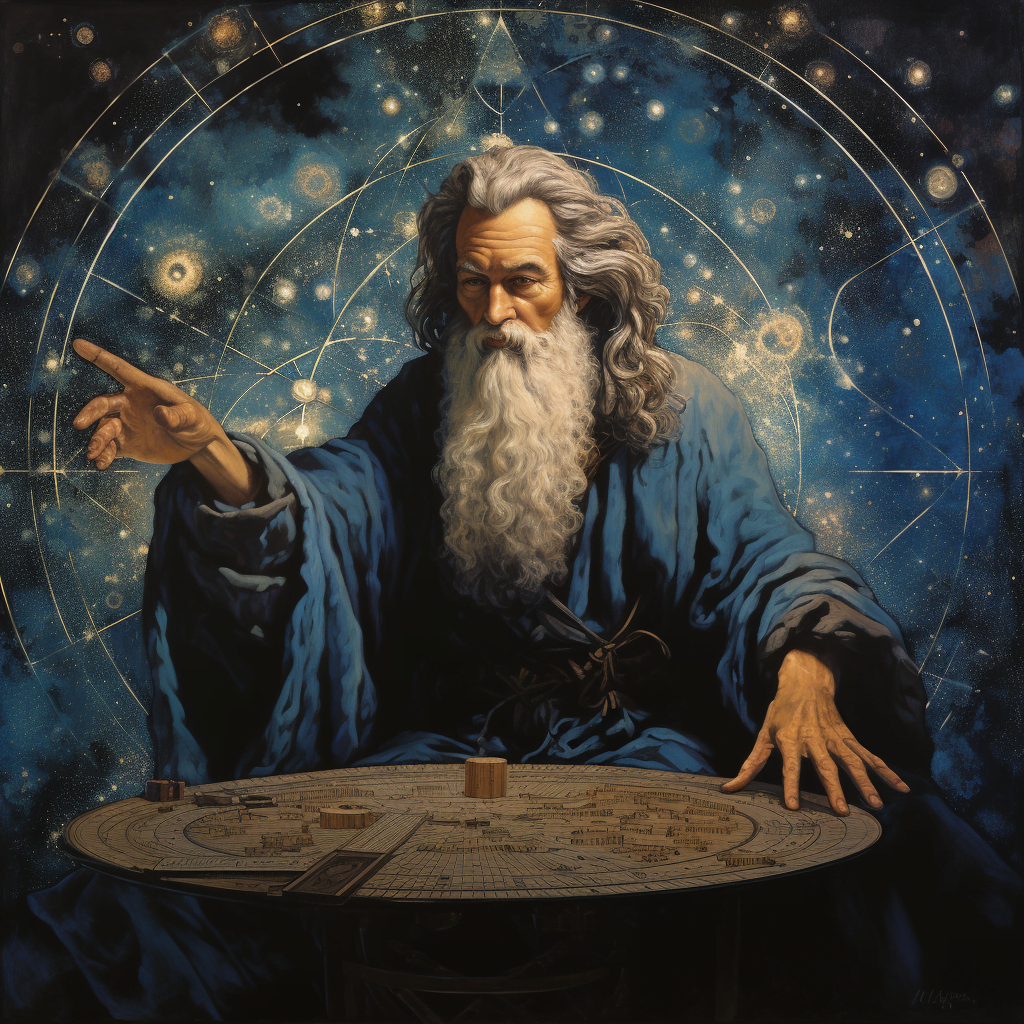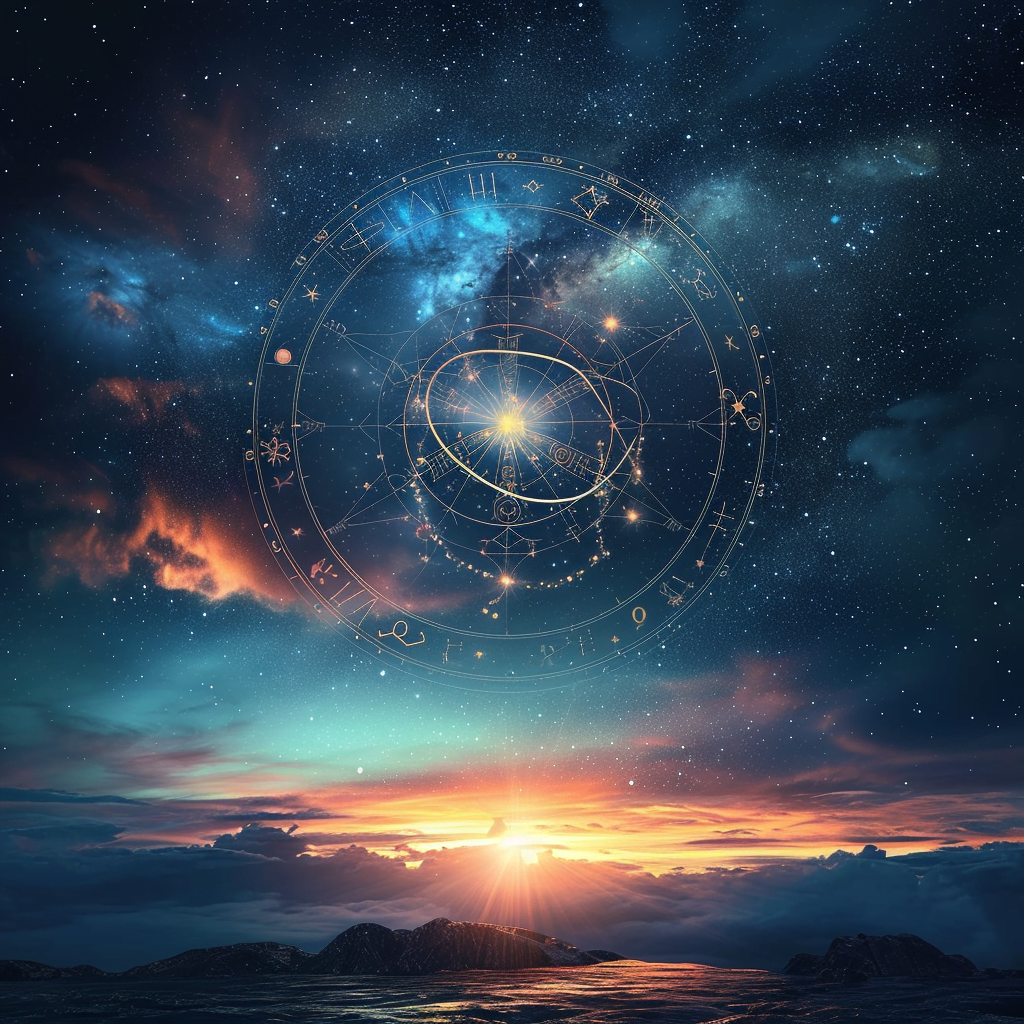In exploring the intriguing intersection of atheism and astrology, one cannot help but ponder the question: Do atheists believe in astrology? Astrology, a discipline rooted in the notion that celestial movements and positions hold significant influence over human behavior and events, seems to stand in contrast to the often empirical and rational worldview embraced by atheists. However, this article aims to delve into the complexities of this topic, examining whether atheists may indeed find themselves captivated by the allure of astrology and the mystical allure of the zodiac.
Overview of Astrology and Atheism
Astrology is a belief system that claims to correlate celestial movements and positions with human characteristics and events. It posits that the alignment and location of planets and stars at the time of a person’s birth can influence their personality traits, relationships, and future outcomes. On the other hand, atheism refers to the rejection of theism and the belief in a higher power or supernatural entities. Atheists do not subscribe to any religious or spiritual frameworks and base their worldview on empirical evidence and rationality.
In this article, we will delve into the definitions, origins, methodologies, and criticisms of astrology, as well as the principles and perspectives of atheism. We will explore the reasons behind atheists’ rejection of astrology, its popularity among non-religious individuals, and alternative explanations for its appeal. Additionally, we will examine the psychological aspects of atheism and astrology, the rare occurrence of atheist astrologers, and conclude with an analysis of the compatibility between astrology and the atheist worldview.
Astrology’s Claims and Methodology
Astrology proposes various beliefs and claims about the influence of celestial bodies on human lives. These claims include correlating personality traits, compatibility in relationships, and predicting future events through the interpretation of birth charts or horoscopes. Astrology operates through different systems, such as Western astrology based on the twelve zodiac signs or Chinese astrology based on the Chinese zodiac. Although astrology uses astronomical terminology and references, it is important to distinguish it from astronomy, which is a scientific discipline focused on the study of celestial objects. Critiques of astrology often question its scientific validity due to its lack of empirical evidence and reliance on subjective interpretations.
Understanding Atheism
Atheism, by definition, is the absence of belief in deities or supernatural beings. As a rational and empirical worldview, atheism prioritizes evidence-based reasoning and rejects religious or spiritual explanations for natural phenomena. Atheists base their beliefs on observable and verifiable facts, dismissing supernatural claims lacking substantial evidence. The rejection of theism leads atheists to adopt a secular worldview, emphasizing the separation of religious institutions and beliefs from government and public life. This focus on empirical evidence and rationality guides atheists’ approach to understanding and interpreting the world.
Atheists’ Rejection of Astrology
Atheism and skepticism often go hand in hand, as atheists rely on critical thinking and evidence-based reasoning. Consequently, atheists are generally skeptical of beliefs or claims lacking scientific evidence, including astrology. Atheists criticize astrology for its lack of empirical support and its reliance on subjective interpretations. They argue that astrology’s claims lack logical coherence and fail to withstand scientific scrutiny. Atheism’s emphasis on critical thinking and rationality serves as a foundation for atheists’ dismissal of astrology as an unfounded belief system.

Astrology’s Popularity among Non-Religious Individuals
Interestingly, astrology has gained considerable popularity among non-religious individuals, particularly those who do not identify with any organized religion. There are several reasons behind this phenomenon. For some, astrology offers a sense of meaning and purpose in a world where traditional religious frameworks may not resonate. It provides a way to explore personal identity and relationships, granting individuals a sense of self-discovery and guidance. Additionally, astrology has acquired entertainment value, with horoscopes often being seen as light-hearted and fun. Furthermore, astrology can act as a conversation starter or a way for individuals to connect with others who share similar interests.
Atheistic Views on Astrology in Public Discourse
Atheism is often associated with rationality and skepticism, leading to a particular perception of astrology within atheistic communities. Many atheists view astrology as a pseudoscience that perpetuates irrational thinking and undermines critical reasoning. Prominent atheists, such as Richard Dawkins, Sam Harris, and Christopher Hitchens, have expressed their critical stance on astrology. They argue that astrology holds no scientific validity and that its popularity reflects a lack of scientific awareness and critical evaluation among the general public. Atheists emphasize the importance of rationality and evidence-based thinking in public discourse, advocating for a reduction in the influence of pseudoscientific beliefs like astrology.
Alternative Explanations for Astrology’s Appeal
The appeal of astrology goes beyond its supernatural claims and can be attributed to various psychological factors. Humans have an inherent desire for meaning and patterns, and astrology offers a framework that seemingly provides explanations for life events and personality traits. Believing in astrology can fulfill the need for a sense of control, understanding, and guidance in an uncertain world. Additionally, astrology may have psychological benefits, as it allows individuals to engage in self-reflection and introspection. Finally, cultural and social influences, such as media representations, societal norms, and personal experiences, play a role in shaping individuals’ interest and belief in astrology.
Psychological Perspectives on Atheism and Astrology
Several studies have examined the relationship between personality traits and atheistic beliefs. While no single personality type defines atheists, certain traits such as openness to experience, skepticism, and intellectual curiosity have been associated with atheism. Skepticism and critical thinking, which are foundational to atheism, are also prevalent among individuals who reject astrology due to its lack of empirical evidence. On the other hand, astrology appeals to individuals with different motivations, such as the desire for guidance, a need for structure, or a search for meaning. Studies examining the contrast in personality traits between atheists and astrology believers could shed further light on the psychological aspects of both groups.
Atheist Astrologers: An Uncommon Occurrence
While atheism and astrology may seem inherently contradictory, some individuals identify as both atheists and astrologers. Although rare, this phenomenon raises questions about the motivations and self-perception of atheist astrologers. Possible explanations for this occurrence can be explored from psychoanalytical and critical perspectives. Some atheist astrologers may engage in astrology as a form of psychological exploration or self-reflection, divorcing it from any belief in the supernatural. Confirmation bias, which refers to the tendency to favor information that confirms existing beliefs, is also worth considering when examining the possible cognitive dissonance that atheist astrologers may experience.

Conclusion
In conclusion, astrology’s claims and methodologies differ significantly from atheistic principles. Atheists, grounded in rationality and evidence-based thinking, reject astrology due to its lack of empirical evidence and logical coherence. Despite this rejection, astrology has gained popularity among non-religious individuals, providing them with a sense of meaning, self-discovery, and entertainment value. Atheistic communities generally view astrology as a pseudoscience that goes against their emphasis on critical thinking and rationality.
The appeal of astrology can be attributed to psychological factors, such as the human desire for meaning and patterns. Studies examining personality traits and motivations could provide further insights into the contrasting beliefs of atheists and astrology believers. The occurrence of atheist astrologers raises intriguing questions about motivations and cognitive processes. Ultimately, promoting critical thinking and empirical evidence remains crucial in evaluating the claims of astrology and understanding its compatibility, or lack thereof, with the atheistic worldview.



